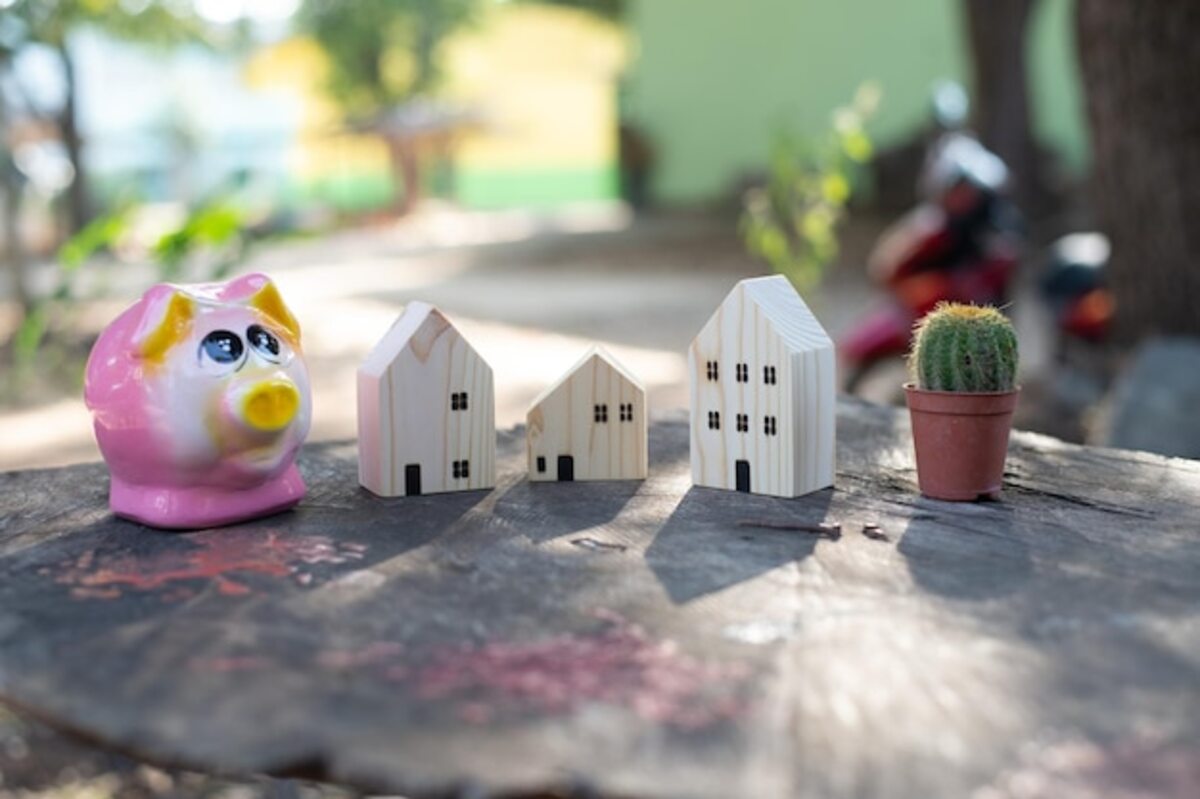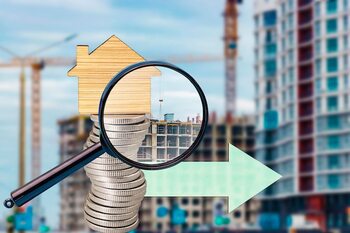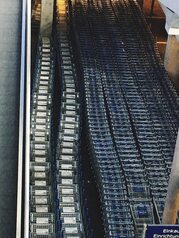The historical legacy and its influence on real estate valuation

The historical legacy of a region has a profound impact on real estate valuation, marking notable differences between rural and urban areas. In Costa Rica, every stone and every tradition tells a story that influences buyers' perceptions and their willingness to invest. As we explore how these historical factors shape the real estate market, we will discover why location is not just about geographical coordinates, but also about the cultural richness surrounding each property.
The importance of cultural heritage in urban development
The importance of cultural heritage in urban development lies in its ability to enrich the identity of a place. Urban spaces that preserve historical elements, such as iconic buildings, traditional squares, and monuments, not only attract visitors but also generate a sense of belonging among residents. This cultural legacy creates a unique environment that can influence purchasing and renting decisions, as many buyers seek properties that not only provide comfort and functionality but also allow them to be part of a broader narrative. Thus, heritage becomes a valuable intangible asset within the real estate market.
Moreover, the integration of cultural heritage into urban development promotes sustainability and revitalizes communities. By preserving historic sites and encouraging their appropriate use, the loss of local essence due to unchecked urbanization is avoided. This not only helps keep traditions and customs alive but can also attract investments related to cultural tourism. In this way, developers who recognize and respect the value of heritage often see a significant return on their investment by enhancing both the appeal and value of surrounding properties. The intersection of culture and real estate is thus a vital dynamic for ensuring balanced and enriching urban development.
2. How rural traditions affect real estate demand
Rural traditions play a crucial role in real estate valuation, as they evoke a sense of belonging and authenticity that attracts buyers seeking unique experiences. In communities where ancestral customs remain alive, such as the celebration of local festivities or artisanal production, real estate acquires added value. Potential homeowners are not only interested in a house but also in becoming part of a lifestyle that resonates with their cultural identity and aspirations. This emotional connection can significantly increase demand, making properties closer to these traditions more desirable and, therefore, more expensive.
Additionally, rural traditions can influence urban development and land planning. Areas where traditional agricultural practices are preserved or ecotourism is promoted are often seen as attractive destinations for those who value sustainability and respect for the environment. This creates a dynamic where investors seek properties that not only offer modern comfort but also an authentic connection to the natural and social environment. Thus, traditions not only enrich the cultural landscape of a region but also shape its real estate market by attracting buyers willing to pay more to live in a place that respects its history and customs.
3. Historical assessment: A plus or a drawback?
The historical valuation of a property can be a double-edged sword in the real estate market. On one hand, properties located in areas with a rich cultural and architectural legacy tend to attract buyers who seek not only a home but also an emotional connection to their surroundings. The history of a region can elevate the perceived value of a property, as buyers are willing to pay more to live in places that evoke nostalgia or prestige. In this sense, history becomes an attractive plus, which can be decisive for those who value heritage and authenticity. On the other hand, historical valuation can also present drawbacks. Properties situated in historic districts are often subject to strict regulations and preservation laws that limit modifications and renovations. This can discourage some buyers who prefer greater flexibility to customize their space. Furthermore, the perception of obsolescence or deterioration associated with older buildings could lead certain investors to view these properties as risky. Thus, while cultural heritage adds value in many aspects, it also poses challenges that must be carefully considered by those looking to invest in the real estate sector.
4. Comparison between urban and rural historical areas
The comparison between historic urban and rural areas reveals how cultural heritage can significantly differentiate the real estate appeal of each region. In urban areas, where history is present at every corner, colonial buildings and ancient squares not only serve as architectural landmarks but also create a sense of community and historical continuity that attracts buyers. Properties located in these environments are valued not only for their strategic location or modernity but also for the historical weight they carry. This cultural legacy translates into a greater willingness among buyers to invest in properties that offer a tangible connection to the past.
On the other hand, rural areas present a different but equally powerful charm. Although they may lack urban infrastructure and the typical hustle and bustle of cities, rural areas are filled with living traditions and landscapes that tell their own stories. Vernacular architecture and historical monuments tend to attract those seeking a quieter and more authentic lifestyle, which can increase real estate value in these locations. Thus, while rural properties may not compete with the exorbitant prices of the urban center, their historical uniqueness grants them an intrinsic value that many buyers are willing to recognize and pay for. This duality between urban and rural historical legacy highlights the complexity of the real estate market where each area offers something unique based on its collective history.
5. The role of tourism in the valuation of rural properties
Tourism plays a crucial role in the valuation of rural properties, as it not only attracts visitors but also elevates interest in local culture and traditions. In regions where the historical heritage is palpable, tourists often seek authentic experiences that connect them to their roots. This influx of tourists contributes to a greater demand for accommodation and services, which increases the valuation of properties near key tourist spots. Rural houses or historic estates become attractive options for those interested in investing, whether to convert them into tourist accommodations or simply as vacation homes.
Additionally, the development of infrastructure and services related to tourism can significantly transform a rural property. Investments in roads, restaurants, and cultural activities create an ecosystem that not only benefits visitors but also improves the quality of life for local residents. This enhances the perception of real estate value by offering potential buyers not just a home, but a lifestyle enriched by interaction with visitors and the preservation of cultural heritage. Thus, a virtuous cycle is established where tourism enhances the historical and cultural value of rural properties, increasing their appeal in the real estate market.
6. Real estate investments: What are buyers looking for today?
Property buyers today seek more than just a physical structure; they want to invest in a lifestyle and an emotional connection with the surroundings. In this context, the historical legacy of an area becomes a determining factor. Those areas that have managed to preserve their cultural heritage, architectural integrity, and local traditions tend to attract buyers willing to pay more for the authenticity and history that envelop each property. The historical narrative becomes an appeal that highlights not only the aesthetic value but also the potential for long-term appreciation.
Additionally, investors are becoming increasingly aware of the social and environmental impact of their decisions. They seek properties that not only offer profitability but also align with their personal values. In this sense, real estate investments that promote sustainability and the preservation of cultural heritage are gaining ground. Buyers are looking for communities where they can get involved and contribute to maintaining their historical legacy, thus creating a cycle in which both investment and local culture thrive together.
7. Strategies to leverage historical heritage in new projects
The use of historical legacy in new projects is a key strategy to increase real estate value and attract a broader audience. Developers can integrate architectural elements from the past into their designs, creating a fusion of the old and the modern that can be appealing to both local buyers and tourists. For example, incorporating traditional materials or indigenous building styles not only respects the history of the place but also adds a distinctive character to the new constructions. This approach can become a powerful marketing tool, highlighting the emotional connection people have with their cultural heritage.
It is also vital to involve the community in the development process to ensure that new projects reflect and respect the historical context. Consulting with local groups and heritage experts can provide valuable insights into which aspects are most significant to residents. This not only fosters a sense of belonging and pride but can also result in innovative solutions that make the most of the existing historical environment. By doing so, a coherent narrative is established between the past and the future, where each new project serves not only as a livable space but also as a tribute to the rich cultural heritage of the region.
8. Successful cases: Projects that have revitalized historic communities
In various parts of the world, historical community revitalization projects have proven to be a powerful tool for increasing real estate value and improving the quality of life for their inhabitants. In Costa Rica, initiatives that have restored iconic buildings and revitalized public spaces in cities like Cartago and San José not only preserve cultural heritage but also attract new residents and investors. The recovery of plazas, markets, and monuments has reignited interest in these areas, transforming them into destinations that celebrate their history while offering a modern and functional environment.
These successful cases show how the combination of historical heritage with sustainable development can transform entire communities. For example, in some historic neighborhoods, programs have been implemented that encourage citizen participation in the conservation of local heritage, which has generated a sense of belonging among residents. This renewed interest in cultural roots, along with improved infrastructure and adequate services, not only increases the appeal for potential buyers but also boosts the local economy by attracting tourists and entrepreneurs. Thus, revitalization projects become clear examples of how historical legacy can be a catalyst for real estate and social growth.



